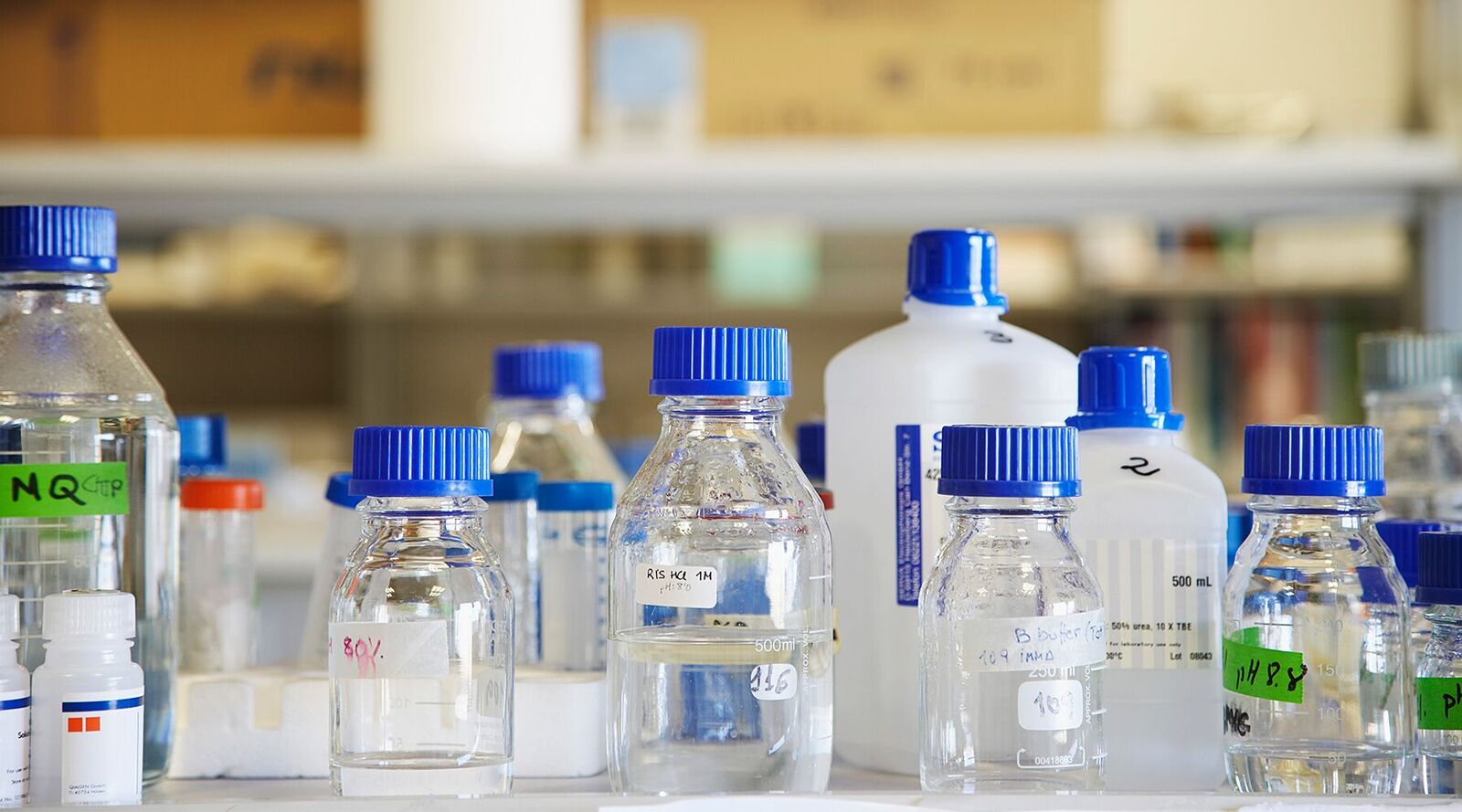The Rheumatology Research Foundation has named OMRF scientist Darise Farris, Ph.D, as a recipient of its Research Foundation Innovative Research Award.
The award will provide Farris with $400,000 in funding over a two-year period to continue promising research in understanding the origins of the autoimmune disease Sjögren’s syndrome.
Sjögren’s syndrome is a painful autoimmune disease in which a person’s immune system attacks the body’s own moisture-producing glands, inhibiting the ability to produce tears or saliva. The most common symptoms include severe dry eyes and dry mouth, as well as arthritis, fatigue and others.
The disease is believed to affect as many as 3 million people in the United States and, like many autoimmune diseases, disproportionally affects women by a 9-to-1 ratio. There is no known cure and current treatments only address symptoms, not the root cause.
In her lab at OMRF, Farris is trying to identify the proteins in patients that are causing the abnormal autoimmune response in the glands that produce tears and saliva.
“We know that Sjögren’s selectively attacks these glands, but nobody understands why those glands are targeted,” said Farris. “We believe there are unidentified salivary gland antigens, which are proteins that are the target of an immune response.”
Farris is currently pursuing two related paths of Sjögren’s research.
First, her lab is attempting to identify the proteins that incite the disease. Using special tools, scientists have isolated specific receptors from immune cells called T cells from the salivary tissue of Sjögren’s patients. They have isolated the immune cell receptors that directly touch the unknown proteins, and they hope to use them to explain why salivary tissues are targeted in the disease.
If this work is successful, it could provide the knowledge needed to better identify individuals who either have Sjögren’s syndrome or are susceptible to the disease.
The second aim is to follow up on the discovery of a relationship between the degree of activation of those T cells and reduced saliva production. Farris said. “We think this might lead to an understanding of why saliva production is defective in these patients,” said Farris.
The award was a result of research published with colleagues at OMRF in the journal JCI Insight. Farris earned her Ph.D. in immunology at the University of Oklahoma Health Sciences Center and has spent 18 years at OMRF researching Sjögren’s and other autoimmune diseases.
“This award is very exciting for us because it’s going to permit us to follow up on what we believe to be a fruitful line of investigation,” said Farris. “It will allow us a bigger budget to collect needed data in order to answer these pressing questions and work toward solutions for patients suffering from this painful disease.”
The Rheumatology Research Foundation was created by the American College of Rheumatology and is based in Atlanta, Ga.
“Dr. Farris’ research uses cutting-edge molecular tools to probe the causes of Sjögren’s disease that could lead to innovative therapies,” said OMRF Vice President of Research Rodger McEver, M.D.



